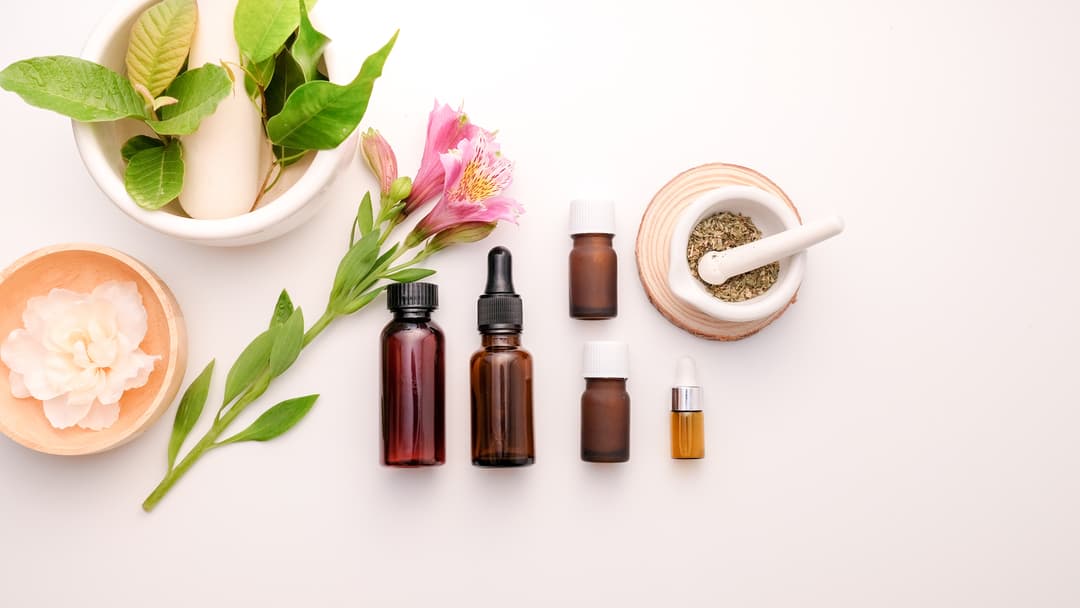THC and CBD may be cannabinoid cousins, but they work much differently. CBDistillery gummies seems to reduce anxiety, THC appears to make it worse. THC may increase the risk of psychosis; researchers are exploring CBD’s value as an antipsychotic. THC is psychoactive, CBD is not. Several studies demonstrated that THC acts oppositely to CBD in the ECS – the former is a CB1 and CB2 receptor agonist, while the latter is an antagonist. Many say that CBDfx makes a strain less potent, too. But is that true?
A cannabis case study from Spanish and Japanese scientists analyzed the effects of CBD and THC in relation to learning and memory. The study was published in Molecular Neurobiology, a peer-reviewed journal. The researchers focussed on the hippocampus region of the brain. Cognition, and modulates memory, learning and emotion are all modulated by the hippocampus. Earlier studies have shown THC has a neurotoxic effect in large amounts, while CBD protects and heals the hippocampus through neurogenesis.
Yes, it does!
The study revealed that CBD does inhibit cognitive impairment induced by delta-9-tetrahydrocannabinol (THC). CBD manages this by reducing CB1 receptor activation in the hippocampus by THC, through activation of adenosine type 2A receptors. When adenosine receptors are activated, THC is unable to switch on CB1 receptors. This reduces total CB1-THC connections, and the effect of the psychoactive cannabinoid has on the hippocampus.
This further underlines the interplay between CBD and THC in the brain. CBD plays a vital protective role, that helps to preserve memory and learning functions, to prevent cognitive impairment. Strong marijuana with high THC and low CBD may exacerbate and accelerate cognitive impairment. A 2018 study highlighted that CBD helps to restore the hippocampus. We need more research on this particular part of the brain and the interactions between THC and CBD. This will help us to understand the relative safety and risk of cannabis with 20%+ THC.
Does teen cannabis use cause brain abnormalities?
We know that cannabis has a powerful effect on the brain. Therefore, a big worry is that consuming cannabis before the brain has fully developed could cause neurological changes and brain abnormalities. There is plenty of anecdotal evidence for this, but does the science really back it up? And if so, what can be done to keep marijuana out of teenagers’ hands?
Neuropsychopharmacology published a study this year from the Department of Psychiatry at the Perelman School of Medicine, University of Pennsylvania. They pointed out that previous studies using small samples had produced inconsistent results on teenage cannabis use changing brain structure. This comprehensive study analyzed 781 youths between 14-22 – 147 of these were cannabis users, with just under 30% of them frequent users.
The investigation used magnetic resonance imaging (MRIs) to analyze gray and white matter, gray matter density and cortical thickness. They found that brain structures were similar across all groups. Any “small magnitude” changes were statistically insignificant. The scientists noted that this backed up findings of studies that had previously found little correlation between adolescent cannabis use and brain structural alterations.
What’s next?
That said, the experts want more detailed research. Not to mention, some people are simply predisposed to psychosis and schizophrenia. Taking cannabis at an early age may trigger these conditions or make them worse. As cannabis goes legal in more and more locations, policymakers and cannabis companies will need to ensure products stay out of youngsters’ hands.
How a cannabis medicine may combat cannabis dependency
Cannabis is not addictive in the sense that heroin and cocaine are, or even nicotine. But the drug does have a pernicious effect on some users, who may become mentally dependent over time. Cannabis advocates shouldn’t shrug these risks off. Instead, it’s worth paying attention to CBD and its anti-addictive qualities. We can then harness CBD to make the cannabis experience safer, more sustainable and, ultimately, more enjoyable.
The University of Sydney recently published a study laying out how a natural cannabis treatment can tackle such dependency. The paper is featured in the July 2019 edition of JAMA Internal Medicine. Researchers used a cannabis concentrate with a near-equal mix of THC and CBD, in an oral solution designed to be taken sublingually. More than 120 participants took part, and the group given cannabis treatment reduced their illicit cannabis intake by more than the placebo group. The patients also received cognitive behavioral therapy (CBT).
The logic of treating dependency by reducing a drug’s risks by lowering and, in this case, changing the type of dose is similar to how nicotine addiction has been treated for years. The researchers noted that novel treatments for cannabis dependence are necessary since 80 percent of users trying to quit relapse within six months. The study also suggests that cannabis users may be better off taking strains with a more balanced THC to CBD mix in the first place.

